Baby songs can be used for lots of different reasons – to entertain, calm a tantrum or lull a child to sleep. It’s a natural instinct and one we may not think too much about.
However, studies have shown that songs and music play an important part in a child’s brain development, health and education from their earliest years.
Baby Songs are Educational
You might not think singing The Wheels on the Bus with your baby can make much of a difference to their intelligence but there’s plenty going on there.
Repeatedly singing the words of an easy song taps the memory centre of your child’s brain and strengthens the ‘memory muscle’, it also helps to exercise lip and tongue movement.
Learning words through an easy tune can also embed information more rapidly and improve your child’s capacity for learning. A good example of this is the ABC Song which helps children to learn the alphabet. Songs like Bingo and Old MacDonald Had a Farm are also ideal for strengthening motor skills and increasing vocabulary and memory.
Baby Songs Improve Health
If you’ve ever belted out your favourite song in the shower, then you know how positive and upbeat singing makes you feel. Research has shown that singing has lots of positive health effects for children too including:
- A calmer mental state. The simple act of singing can soothe a toddler who’s having a tantrum or help them to overcome sadness. It encourages the brain recall a calmer mental state.
- Reduced stress. When children sing they have to breathe, and breathing makes you feel less physically stressed.
- Improved coordination. Action songs such as If You’re Happy and You Know It and The Hokey Pokey improve coordination and help children remain active.
Singing Songs Together
Singing with other children at daycare or kindergarten is community-building. It fosters a feeling of learning together and can help children make friends. Encourage at home practice of new songs to solidify their progress and praise them whenever they remember the words without your help.
Here are some more tips to get your child singing:
- Singing resources, such as books and CDs with activities, help children associate singing with fun games
- Sing to your child unaccompanied so they can hear the pitch and tone of your voice
- Sing songs with your child in different languages to foster an understanding of cultural differences
- Make up your own songs to help children learn words they find difficult to remember
- Encourage children to sing around the house or sing along to the radio in the car on the way to school
- Sing them songs at bedtime so they know that it’s time to sleep
- Enrol them in singing classes or encourage participation in the school choir and other singing groups in your area.
Song is a wonderful way to lay down fond memories and bond with your child. So is having a nappy that’s going to go the distance of a full night’s sleep. Keep your baby comfy and dry with Little One’s Nappies.
Do you sing to your child or along with them? What’s your favourite song to sing?
This post is proudly brought to you by Little One’s Ultra Dry Nappies – designed to help your child stay comfy and happy. With a soft inner lining for increased comfort, a super-stretchy waistband* for freedom of movement and an extra absorbent core to draw moisture away, Little One’s will keep your baby comfortably dry. Discover at Woolworths. #sponsored

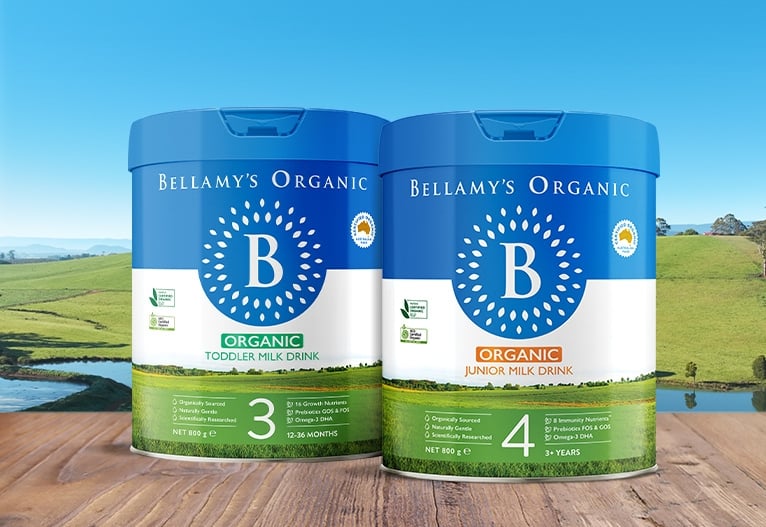
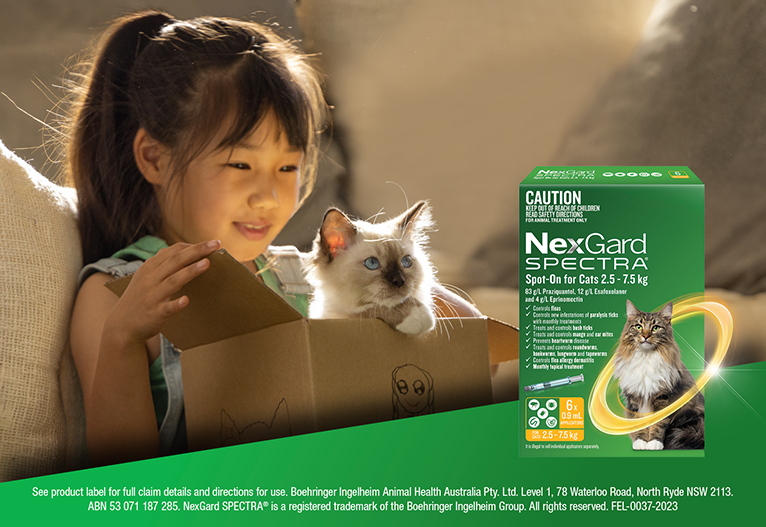

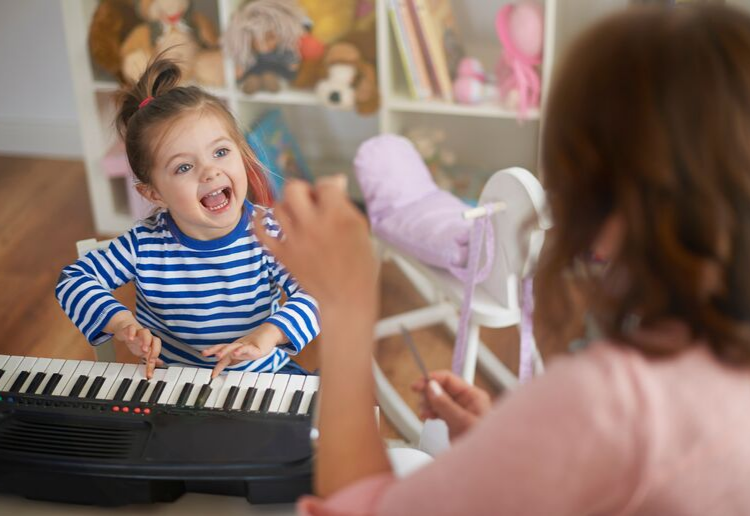
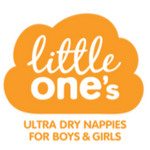


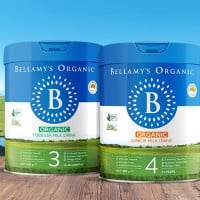













10:20 pm
6:26 pm
7:08 am
5:57 am
10:48 pm
3:09 pm
4:58 am
-

-
-
-
Ellen replied
- 26 Dec 2019 , 4:59 am
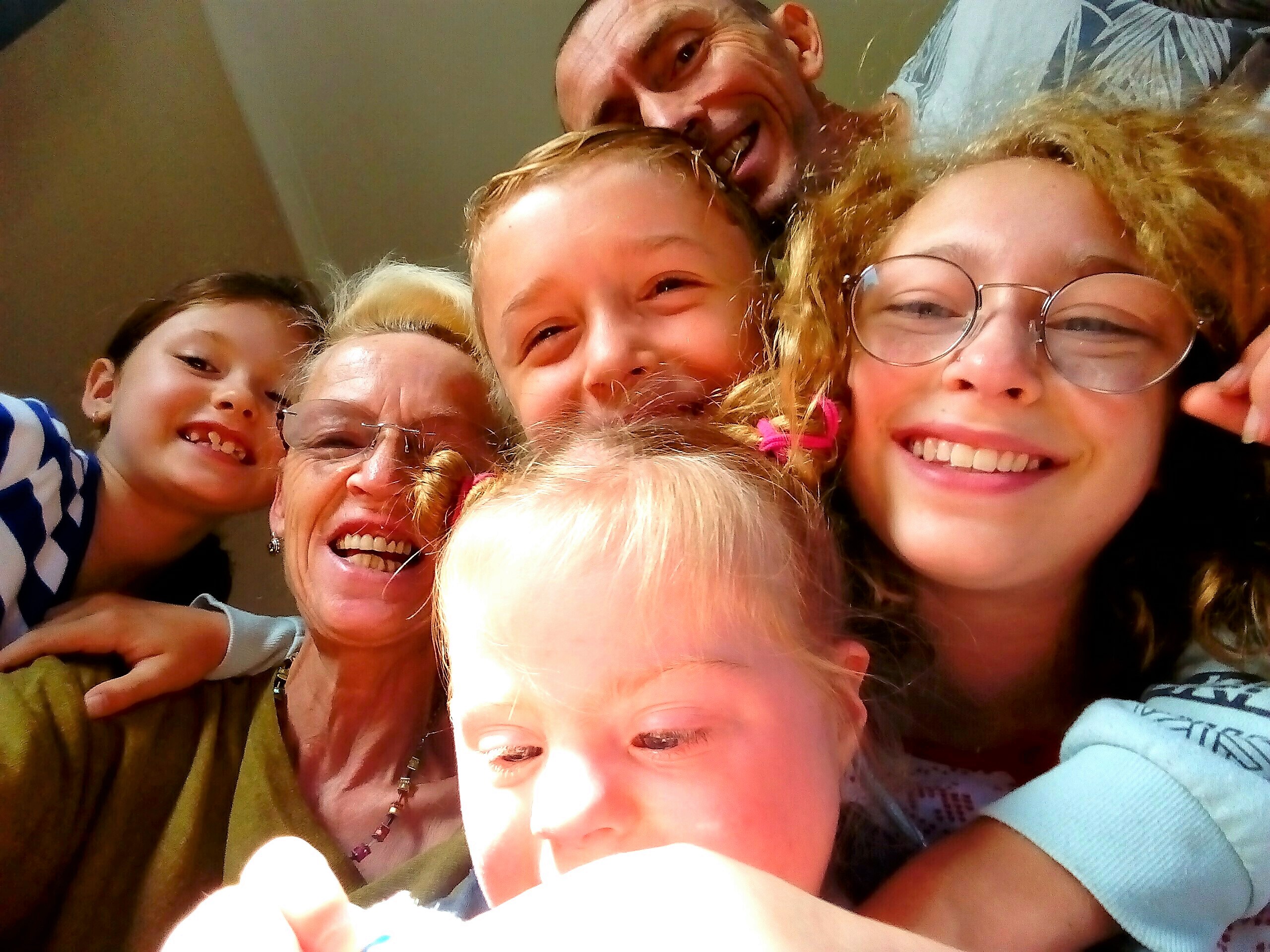
Reply5:22 am
5:22 am
10:08 pm
11:50 pm
7:27 am
1:38 am
12:31 pm
12:31 pm
8:24 pm
1:00 pm
8:32 am
12:36 am
3:23 pm
- «
- 1
- 2
- 3
- 4
- »
Post a commentTo post a review/comment please join us or login so we can allocate your points.